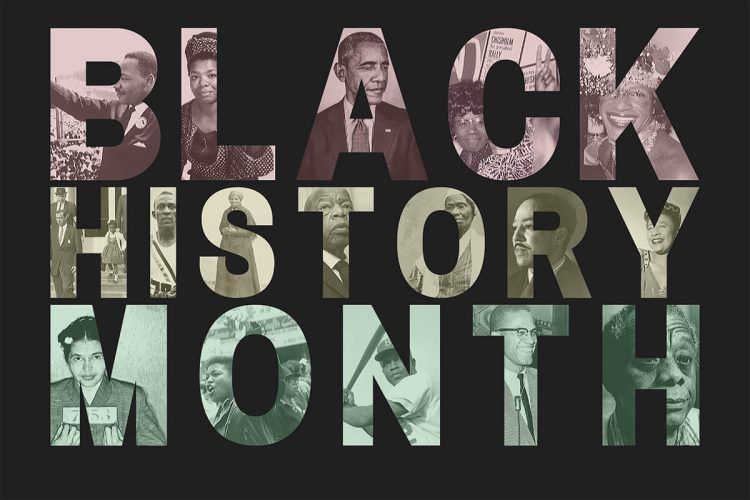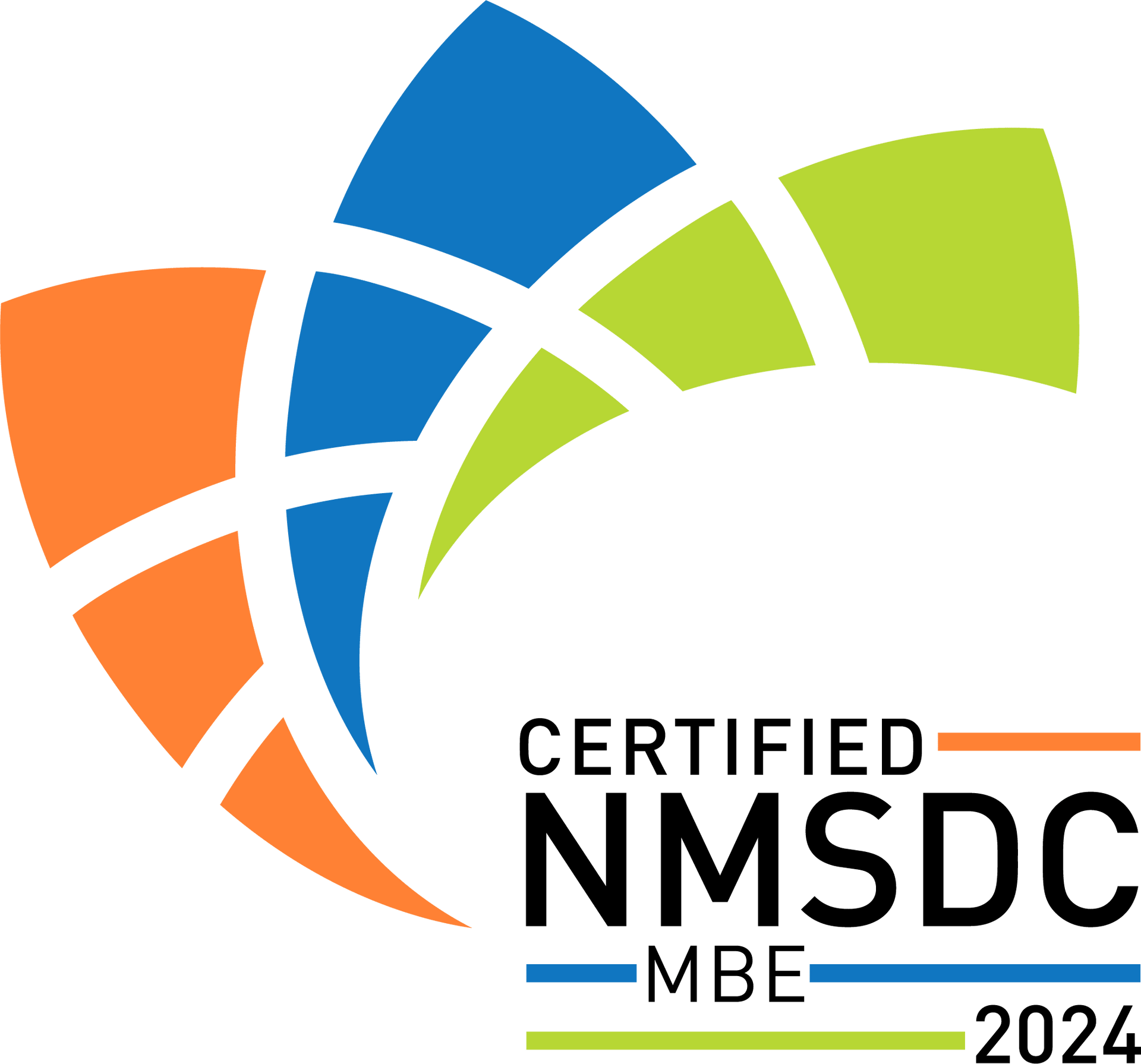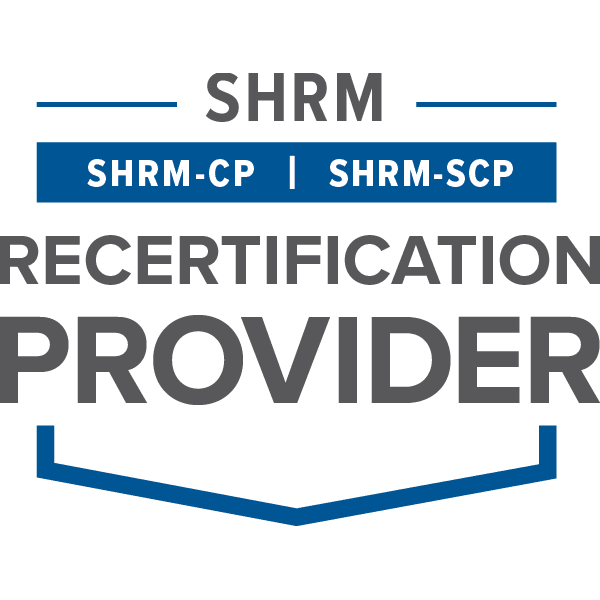Beneficial Answers to Commonly Asked Interview Questions
When interviewing for a job, there are general questions that almost all employers ask the interviewee. These may seem easy and effortless but being intentional about your responses to these questions can greatly impact the impression you leave on the panel. See below for common questions, and how you can respond.
Tell Me About Yourself
While this question seems easy enough, the characteristics you choose to describe yourself should correlate with the experience needed for the opportunity. When asked this question, a good answer could be:
“I’m punctual, dependable, and can be counted upon to finish what I start. My experience working in (insert position/industry) has helped me build relationships and sharpen my leadership skills.”
Why Are You Leaving Your Current Position?
It’s never a good look to talk poorly about your previous role or employer, even if you didn’t have the best experience. How you transition into a new opportunity will be important to the hiring panel. When asked this question, a good response could be:
“I’ve learned a lot from my current role, but now I’m looking for a new challenge to broaden my skill sets and gain a new perspective, all of which I see the potential for in this position.”
What Are You Currently Doing?
If you have been on the hunt for a while, it will be important to highlight how you’ve stayed up to date with your industry’s trends and professional initiatives. When asked about your current professional situation, a good response could be:
“My work is important to me; therefore, I’m being very intentional and selective to ensure my next role meets my professional goals.”
What Are Your Strengths?
This question is always asked by interviewers. This will educate the hiring company on what characteristics will be beneficial for the success of this position. It is important to highlight a strength that directly relates to the position. For example, if you are interviewing for a management level position, a good response to this question could be:
“My collaboration and communication skills have proven to be effective when leading my team. The ability to strategize as a group by using everyone’s skill sets not only creates a positive and motivating work environment, but also contributes to the success of the organization as a whole.”
What Are Your Weaknesses?
Just ask the panel asks for your strengths, they would like to know what you consider your weaknesses to be as well. This may feel like a trap, and sometimes it is, so it’s important to highlight how you work to get past your weakness, and how your efforts have helped to develop your abilities. A good, common answer to this question could be:
“I am a team player at my core. And while that is a great trait to have, I run into issues in saying ‘No’ to my team when I have too much on my plate to help with an additional task. Setting that boundary has been difficult for me, but I find I am more productive and can lend a more efficient hand when I set the expectation right away on my ability to lend a helping hand.”
Preparing for interviews can be stressful, but it’s important to take the time to get to know the position, the hiring company, and prepare to discuss your background and highlight how you could be a beneficial addition to the team.
For more assistance or insight on interviewing, visit our website www.diverse-talent.com





